 Corporate Canada is moving a step closer to standardized sustainability reporting this week as an industry group charged with adapting international disclosure guidelines to the domestic economy finalizes its first drafts. The Canadian Sustainability Standards Board is expected to sign off on three documents that will guide climate-related disclosures. The documents will go out for a 90-day public comment period starting in March. These are international guidelines, tailored for the Canadian context, that could eventually be required by regulators such as the provincial securities commissions and the federal financial-industry watchdog, CSSB chair Charles-Antoine St-Jean said. …Financial experts, including those serving on the Sustainable Finance Action Council, have called for mandatory climate disclosure to be adopted quickly in Canada, saying it is a competitive imperative as the rest of the world proceeds with the standards. [to access the full story a Globe & Mail subscription is required]
Corporate Canada is moving a step closer to standardized sustainability reporting this week as an industry group charged with adapting international disclosure guidelines to the domestic economy finalizes its first drafts. The Canadian Sustainability Standards Board is expected to sign off on three documents that will guide climate-related disclosures. The documents will go out for a 90-day public comment period starting in March. These are international guidelines, tailored for the Canadian context, that could eventually be required by regulators such as the provincial securities commissions and the federal financial-industry watchdog, CSSB chair Charles-Antoine St-Jean said. …Financial experts, including those serving on the Sustainable Finance Action Council, have called for mandatory climate disclosure to be adopted quickly in Canada, saying it is a competitive imperative as the rest of the world proceeds with the standards. [to access the full story a Globe & Mail subscription is required]



 For innovation that helps fight climate change, look no further than Canada’s forest sector. The industry is finding ways to use every part of a tree to help decarbonize the economy, from making household products out of wood fibres, to using mass timber in building construction. Another development is the increased use of biomass, which primarily consists of byproducts from tree harvesting, such as branches and low-grade wood. These materials, previously considered less valuable, are now recognized as a high-value resource for the production of bioenergy due to their abundance and renewable nature. Turning biomass into bioenergy offers a sustainable alternative to fossil fuels, as the carbon released during conversion is part of the natural carbon cycle. …Mercer and Canfor are among the forestry companies finding ways to break down tree residuals in innovative ways, such as turning cellulose into environmentally friendly additives to improve materials like concrete, asphalt, plastic and coatings.
For innovation that helps fight climate change, look no further than Canada’s forest sector. The industry is finding ways to use every part of a tree to help decarbonize the economy, from making household products out of wood fibres, to using mass timber in building construction. Another development is the increased use of biomass, which primarily consists of byproducts from tree harvesting, such as branches and low-grade wood. These materials, previously considered less valuable, are now recognized as a high-value resource for the production of bioenergy due to their abundance and renewable nature. Turning biomass into bioenergy offers a sustainable alternative to fossil fuels, as the carbon released during conversion is part of the natural carbon cycle. …Mercer and Canfor are among the forestry companies finding ways to break down tree residuals in innovative ways, such as turning cellulose into environmentally friendly additives to improve materials like concrete, asphalt, plastic and coatings.






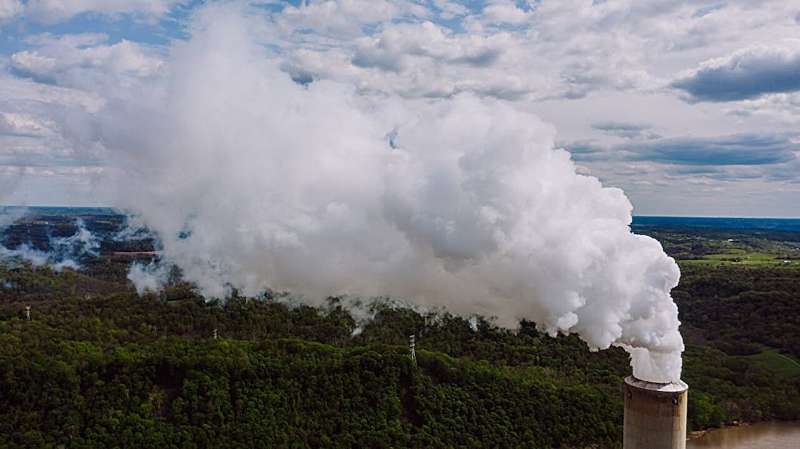


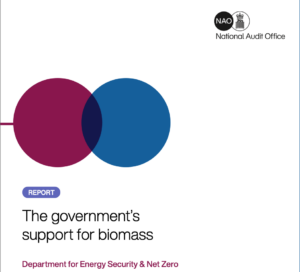 The UK government can’t adequately show that biomass generators comply with sustainability requirements, according to the National Audit Office (NAO). The “lack of evaluation” of the effectiveness of generators — such as Drax Group — to burn wood pellets at power stations needs to be addressed, the agency said
The UK government can’t adequately show that biomass generators comply with sustainability requirements, according to the National Audit Office (NAO). The “lack of evaluation” of the effectiveness of generators — such as Drax Group — to burn wood pellets at power stations needs to be addressed, the agency said 
 The Environmental Protection Agency is preparing to significantly strengthen limits on fine particle matter, widespread deadly air pollutants, even as industry groups warn that the standard could erase manufacturing jobs across the country. Several major companies, trade associations and lobbyists are trying to preempt the rule suggesting it could harm President Biden’s reelection chances. They say the tougher standard for soot and other pollutants could destroy factory jobs and investments in the Midwest and elsewhere… Health advocates say strengthening soot standards would yield significant medical and economic benefits by preventing thousands of hospitalizations, lost workdays and lost lives… “Our average ambient level of PM2.5 in this country is 8; in China and India, it’s about 5 to 6 times that level,” said Heidi Brock, the American Forest & Paper Association’s president and chief executive. “What sense does it make to offshore jobs from this country, where we have some of the cleanest air on the planet?” [A Washington Post subscription may be required to read the full story]
The Environmental Protection Agency is preparing to significantly strengthen limits on fine particle matter, widespread deadly air pollutants, even as industry groups warn that the standard could erase manufacturing jobs across the country. Several major companies, trade associations and lobbyists are trying to preempt the rule suggesting it could harm President Biden’s reelection chances. They say the tougher standard for soot and other pollutants could destroy factory jobs and investments in the Midwest and elsewhere… Health advocates say strengthening soot standards would yield significant medical and economic benefits by preventing thousands of hospitalizations, lost workdays and lost lives… “Our average ambient level of PM2.5 in this country is 8; in China and India, it’s about 5 to 6 times that level,” said Heidi Brock, the American Forest & Paper Association’s president and chief executive. “What sense does it make to offshore jobs from this country, where we have some of the cleanest air on the planet?” [A Washington Post subscription may be required to read the full story]
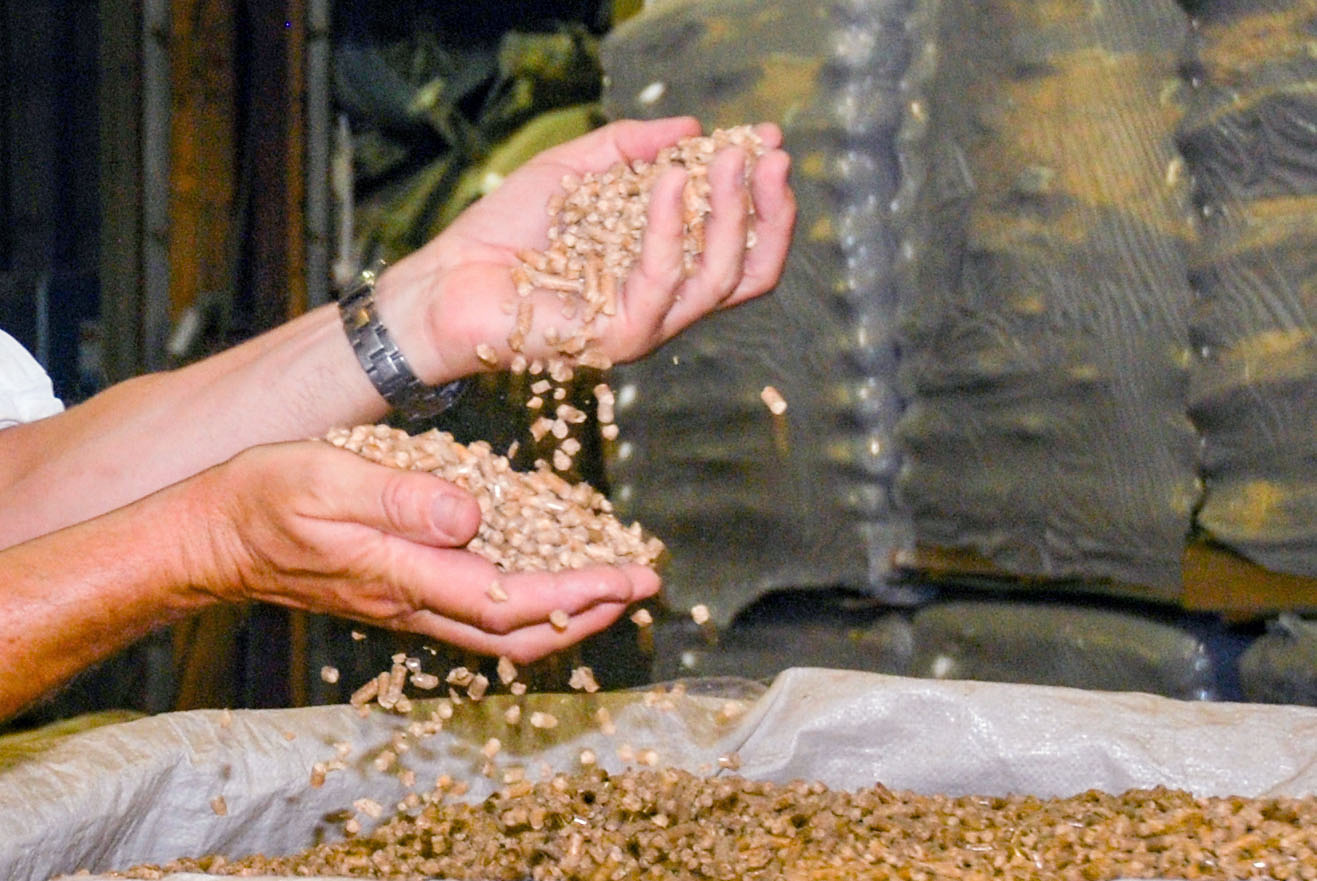 A new
A new 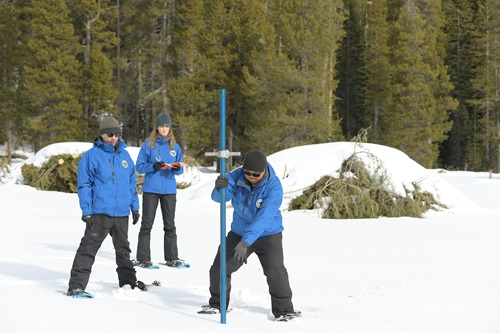
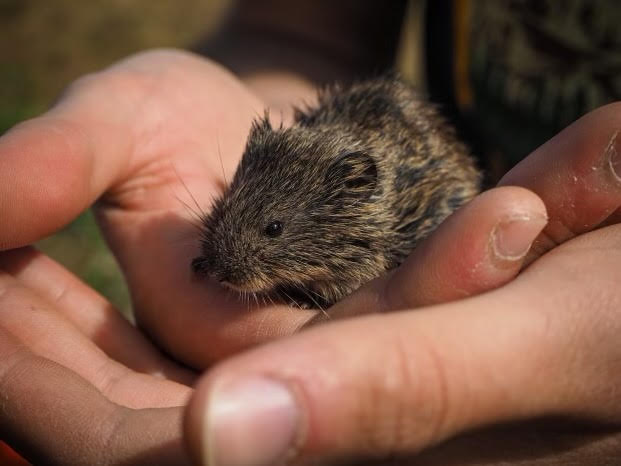

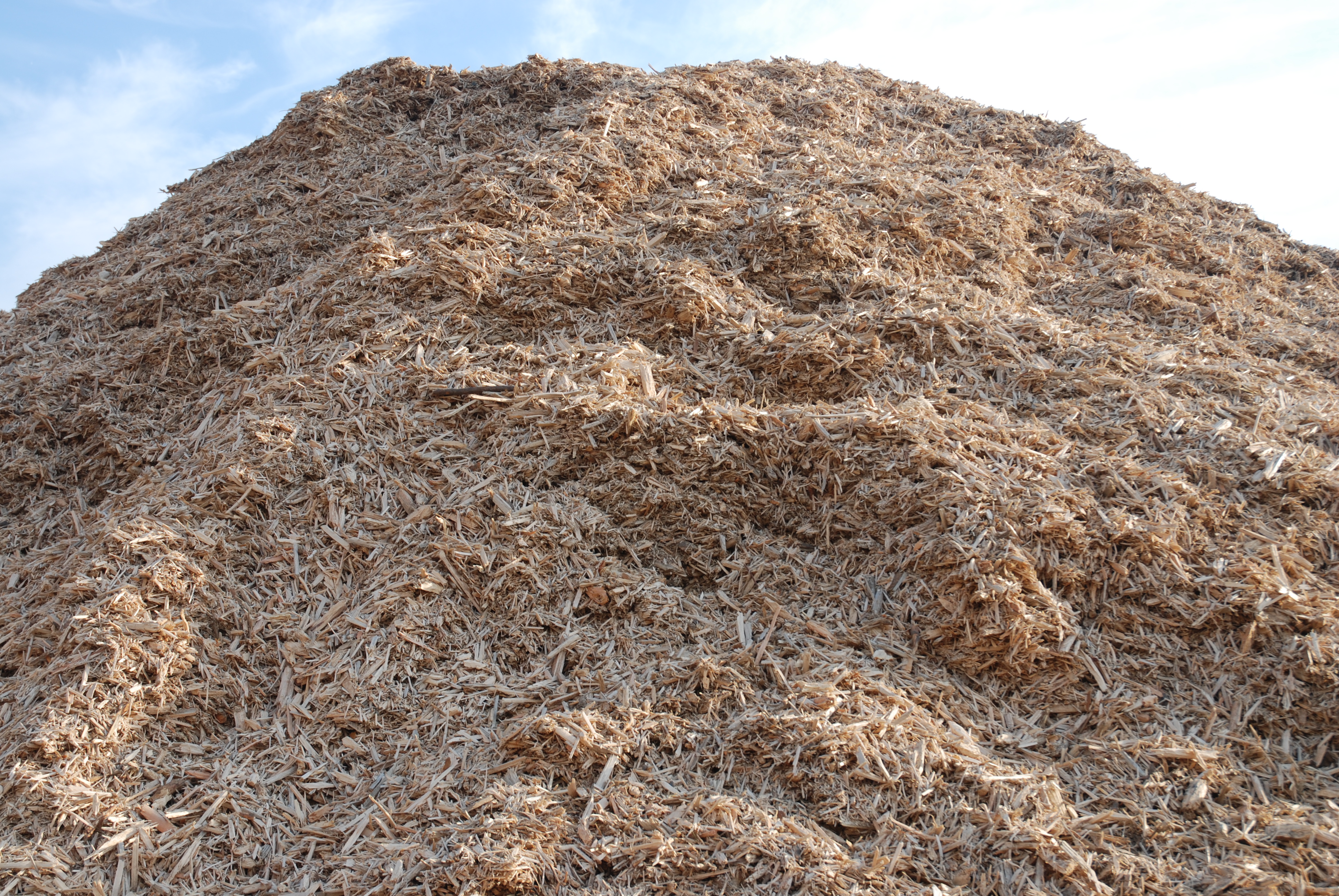 Two of the five remaining wood-fired biomass energy plants in the Lower Peninsula may close in the coming months, raising questions about the energy source’s future as it attempts to compete with cheaper wind, solar and natural gas. The two plant owners and their primary customer, Consumers Energy, say the planned closures in Cadillac and the northeastern Lower Peninsula are a financial decision that will save ratepayers tens of millions of dollars. For its part, Consumers wants to replace the biomass contracts with solar. However, biomass supporters say a lack of policy support risks losing a useful baseload power source that acts as a hedge against intermittent renewables. The timber industry says shuttering biomass plants also jeopardizes forest management, increases the risk of wildfires and complicates habitat creation for the Kirtland’s warbler, which in 2019 was delisted after about 50 years as an endangered species.
Two of the five remaining wood-fired biomass energy plants in the Lower Peninsula may close in the coming months, raising questions about the energy source’s future as it attempts to compete with cheaper wind, solar and natural gas. The two plant owners and their primary customer, Consumers Energy, say the planned closures in Cadillac and the northeastern Lower Peninsula are a financial decision that will save ratepayers tens of millions of dollars. For its part, Consumers wants to replace the biomass contracts with solar. However, biomass supporters say a lack of policy support risks losing a useful baseload power source that acts as a hedge against intermittent renewables. The timber industry says shuttering biomass plants also jeopardizes forest management, increases the risk of wildfires and complicates habitat creation for the Kirtland’s warbler, which in 2019 was delisted after about 50 years as an endangered species.

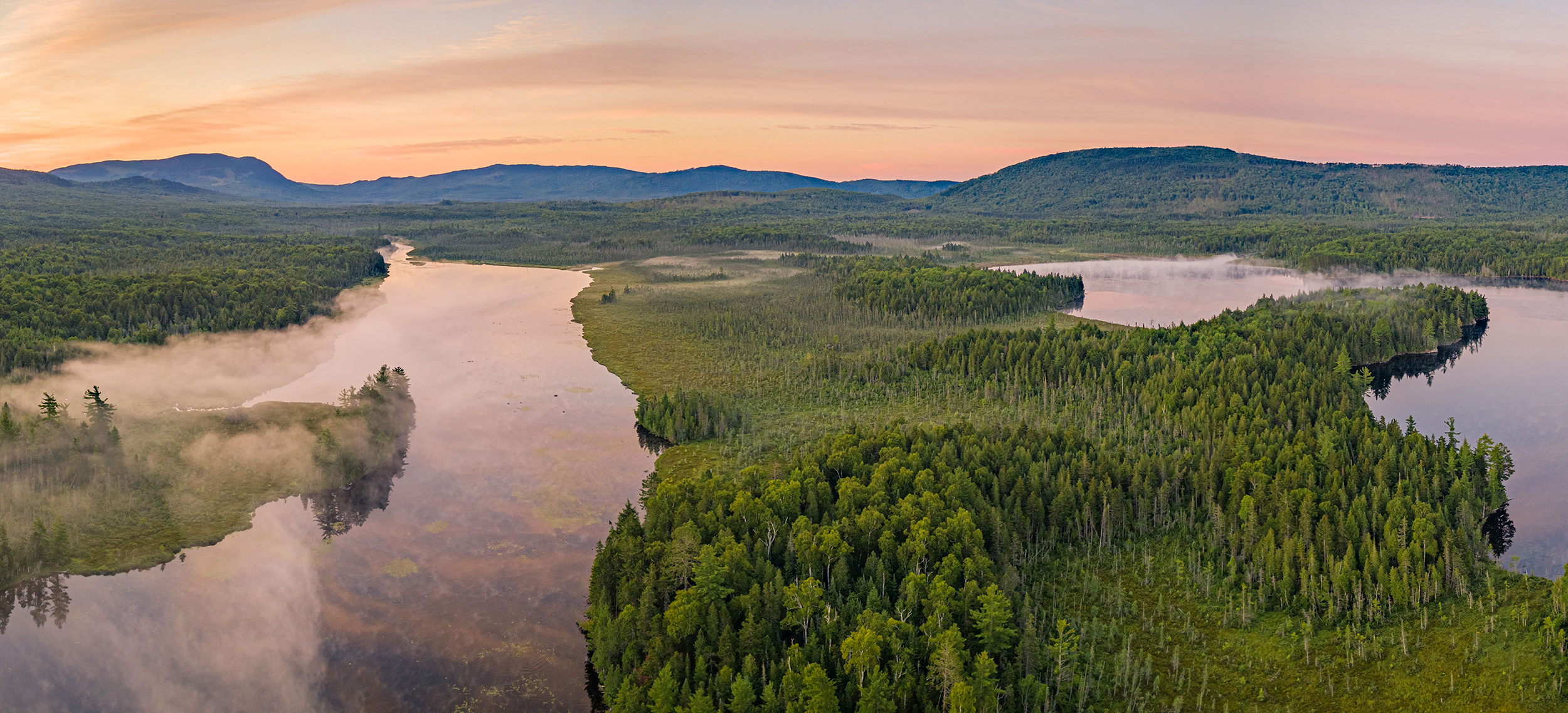
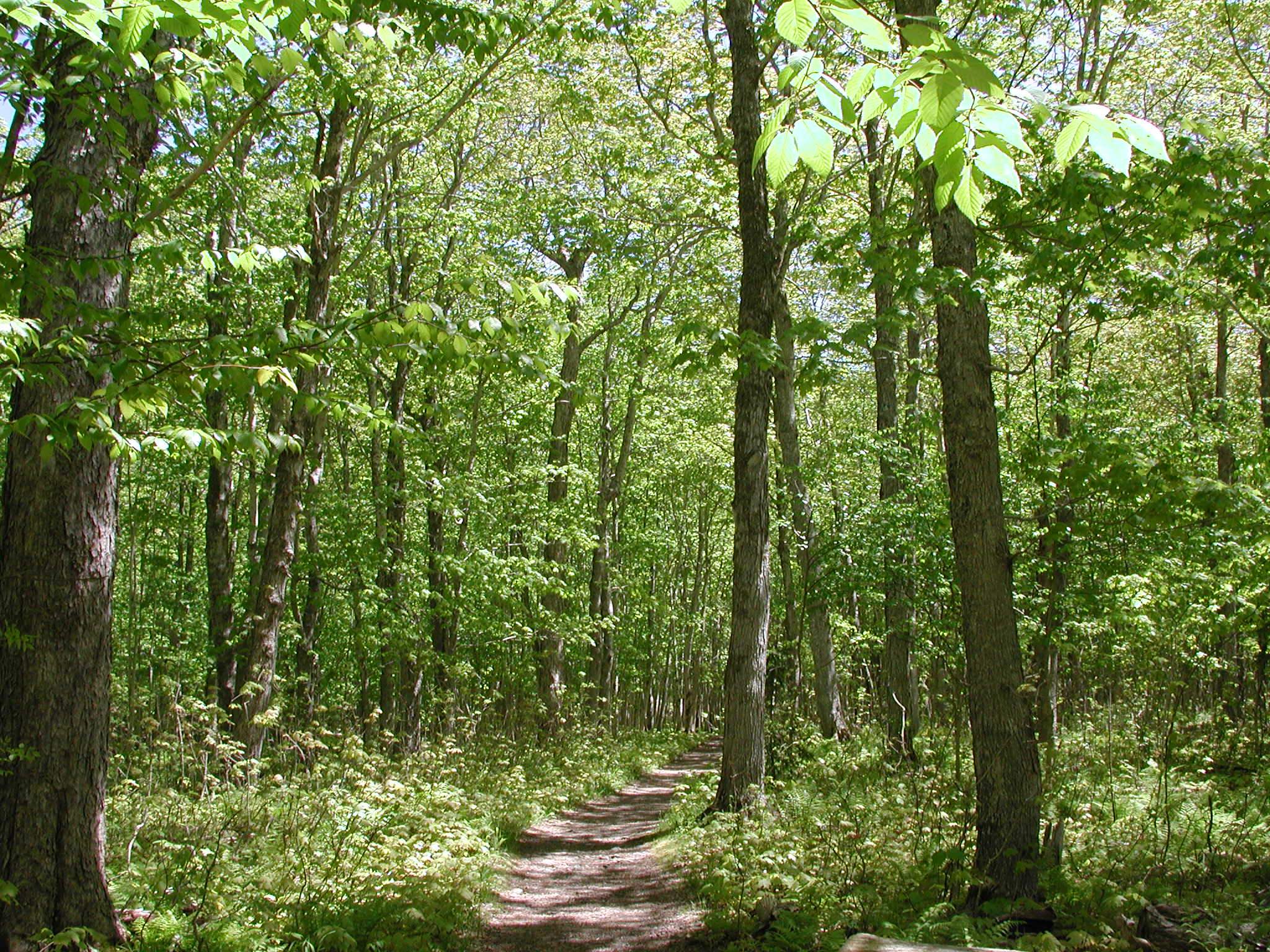 Climate change is reshaping forests differently across the United States, according to a new analysis of U.S. Forest Service data. …The study, led by UF Biology researchers J. Aaron Hogan and Jeremy W. Lichstein … reveals a pronounced regional imbalance in forest productivity, a key barometer of forest health that gauges tree growth and biomass accumulation. Over the past two decades, the Western U.S., grappling with more severe climate change impacts, has exhibited a notable slowdown in productivity, while the Eastern U.S., experiencing milder climate effects, has seen slightly accelerated growth. …”Our results highlight the need for reduced global greenhouse gas emissions,” said Lichstein. “Without the emissions reductions that scientists have been urging for decades, forest carbon sinks will likely weaken, which will accelerate the pace of climate change.”
Climate change is reshaping forests differently across the United States, according to a new analysis of U.S. Forest Service data. …The study, led by UF Biology researchers J. Aaron Hogan and Jeremy W. Lichstein … reveals a pronounced regional imbalance in forest productivity, a key barometer of forest health that gauges tree growth and biomass accumulation. Over the past two decades, the Western U.S., grappling with more severe climate change impacts, has exhibited a notable slowdown in productivity, while the Eastern U.S., experiencing milder climate effects, has seen slightly accelerated growth. …”Our results highlight the need for reduced global greenhouse gas emissions,” said Lichstein. “Without the emissions reductions that scientists have been urging for decades, forest carbon sinks will likely weaken, which will accelerate the pace of climate change.”


 Drax responds to National Audit Office report on government’s support for biomass. A Drax spokesperson said: “We welcome the National Audit Office’s (NAO) report which looks at the Government’s support for biomass. “The NAO acknowledges the important role that sustainably sourced biomass has to play in addressing the climate crisis and displacing fossil fuels in the production of dispatchable electricity. It’s essential that sustainability reporting and criteria are robust and fit for purpose. This was also recognised in the Government’s biomass strategy published last year, which outlined a review which has already begun. “We fully support that a review process should be carried out and look forward to playing our part and working with Government in this.
Drax responds to National Audit Office report on government’s support for biomass. A Drax spokesperson said: “We welcome the National Audit Office’s (NAO) report which looks at the Government’s support for biomass. “The NAO acknowledges the important role that sustainably sourced biomass has to play in addressing the climate crisis and displacing fossil fuels in the production of dispatchable electricity. It’s essential that sustainability reporting and criteria are robust and fit for purpose. This was also recognised in the Government’s biomass strategy published last year, which outlined a review which has already begun. “We fully support that a review process should be carried out and look forward to playing our part and working with Government in this. The government has been challenged by auditors to prove the UK’s controversial biomass industry meets sustainability rules. Biomass involves burning wood or plants to create heat, electricity or transport fuel, and the industry receives hundreds of millions of pounds in annual government support. But the National Audit Office (NAO) has now said the government “cannot demonstrate” that biomass companies are complying with sustainability rules, because it is not measuring them properly. …It comes as the government considers extending financial support for the industry, which its climate advisers have warned does not provide good value for money. However, the Climate Change Committee (CCC) also agrees that biomass will help the UK economy move away from fossil fuels. …The energy security department last summer committed to tightening up its sustainability rules. …Investment analysts at Barclays said there were “no surprises” in the NAO’s findings that “high standards are required for further support”.
The government has been challenged by auditors to prove the UK’s controversial biomass industry meets sustainability rules. Biomass involves burning wood or plants to create heat, electricity or transport fuel, and the industry receives hundreds of millions of pounds in annual government support. But the National Audit Office (NAO) has now said the government “cannot demonstrate” that biomass companies are complying with sustainability rules, because it is not measuring them properly. …It comes as the government considers extending financial support for the industry, which its climate advisers have warned does not provide good value for money. However, the Climate Change Committee (CCC) also agrees that biomass will help the UK economy move away from fossil fuels. …The energy security department last summer committed to tightening up its sustainability rules. …Investment analysts at Barclays said there were “no surprises” in the NAO’s findings that “high standards are required for further support”.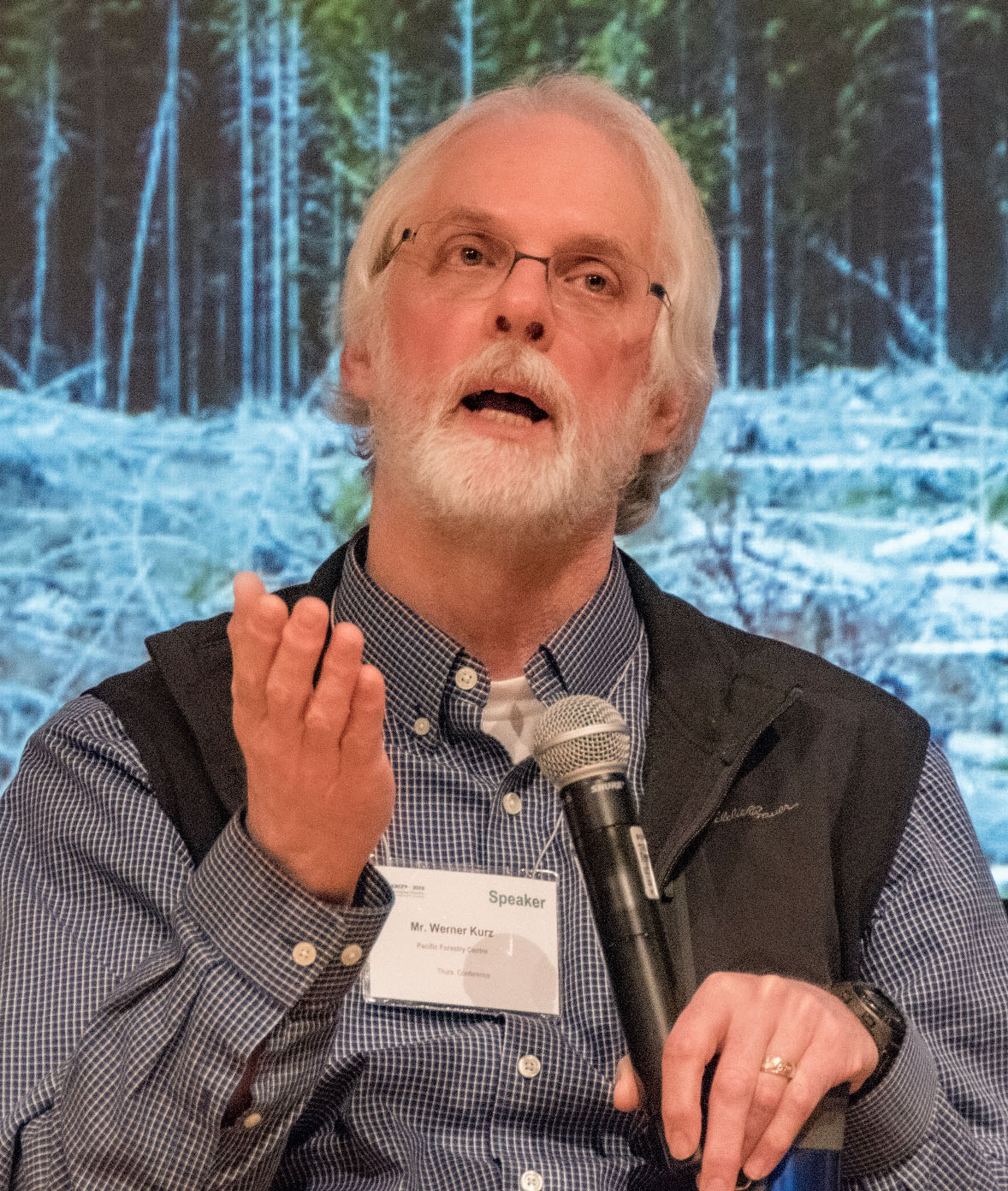
 ESPOO, Finland — 10 research organizations, universities, and companies are establishing a groundbreaking research program with around 20 full-time researchers. The Emission Free Pulping program aims to significantly reduce biomass burning and increase the product yield of wood material used for pulping from approximately 50% to around 70%. The program is projected to have a budget of around 15 million euros over the next five years. The forest industry, technology companies, research organizations, and universities have joined forces to revolutionize the traditional pulping processes under the joint leadership of VTT Technical Research Centre of Finland and RISE Research Institutes of Sweden. …So far, five industrial companies have committed to the program… ANDRITZ, Arauco, Metsä Group, Stora Enso, and Valmet. The program has been granted substantial funding from Business Finland, amounting to over 5 million euros over a three-year period.
ESPOO, Finland — 10 research organizations, universities, and companies are establishing a groundbreaking research program with around 20 full-time researchers. The Emission Free Pulping program aims to significantly reduce biomass burning and increase the product yield of wood material used for pulping from approximately 50% to around 70%. The program is projected to have a budget of around 15 million euros over the next five years. The forest industry, technology companies, research organizations, and universities have joined forces to revolutionize the traditional pulping processes under the joint leadership of VTT Technical Research Centre of Finland and RISE Research Institutes of Sweden. …So far, five industrial companies have committed to the program… ANDRITZ, Arauco, Metsä Group, Stora Enso, and Valmet. The program has been granted substantial funding from Business Finland, amounting to over 5 million euros over a three-year period.